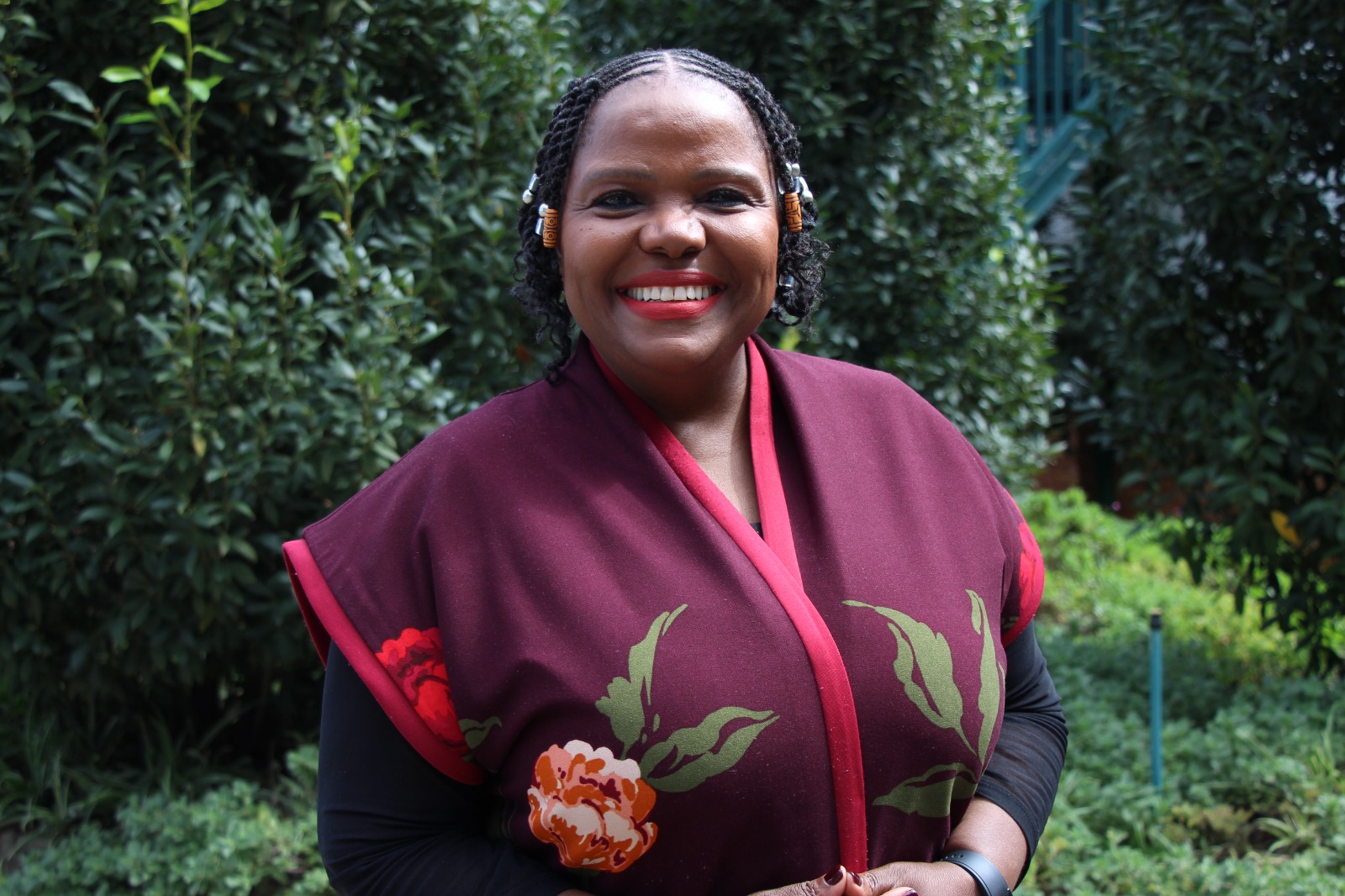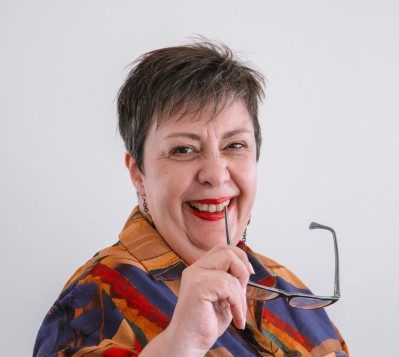Women emancipation in Jordan faces a striking paradox. While the nation boasts one of the highest female literacy rates in the Middle East, it continues to record one of the lowest female economic participation rates. This gap stems from entrenched patriarchal structures, cultural expectations, and legal barriers that constrain women’s agency. In response, Dr Mayyada Haidar Abu Jaber’s doctoral research introduced the Integral Framework for a Regenerative Ecofeminist Economy (IFREE), a model that unites feminist empowerment with environmental stewardship.
The Problem: Women’s Emancipation

Jordan’s modernisation has been superficial, retaining a neo-patriarchal core that marginalises women. Legal codes, societal attitudes, and workplace discrimination combine to keep women in domestic roles despite their education. Employment opportunities are further limited by cultural restrictions, guardianship laws, and stereotypes that favour male breadwinners. This gender gap mirrors global patterns of inequality but is particularly entrenched in the MENA region.
Cultural Roots and Lost Balance
Historically, Bedouin society valued both women and nature. Women were active in governance, agriculture, and even warfare. This harmony eroded as masculine systems took over, reducing women’s public roles and degrading the environment. Traditional concepts like Hima (land conservation zones), Diwan (community gatherings), and Ficr (thought and inquiry) were once central to a balanced society and serve as pillars in the proposed solution.
Research Approach
The study follows an Integral Worlds framework, blending descriptive research, phenomenology, feminist critique, and cooperative inquiry. Dr Abu Jaber’s methodology integrates:
- Grounding in community heritage (Southern realm: nature & community)
- Emergence of cultural and spiritual renewal (Eastern realm)
- Navigation through knowledge systems (Northern realm)
- Effecting change through practical action (Western realm)
- The journey mirrors the formation of a desert rose, building transformative change layer by layer.
The IFREE Model
The Integral Framework for a Regenerative Ecofeminist Economy seeks to:
- Empower women economically through co-created, culturally grounded enterprises.
- Restore respect for nature via revived conservation traditions like Hima.
- Foster inclusive decision-making through gender-integrated Diwan gatherings.
- Promote critical thinking and knowledge-sharing inspired by Arab philosophical heritage (Ficr).
Central to the model is FICRI (Feminist Integral Centre for Research and Innovation), a hub for community engagement, policy advocacy, and regenerative enterprise development.
Community Activation: Women’s Emancipation
In Southern Shouneh, near the Dead Sea, the research facilitated Ficr circles involving women, youth, tribal leaders, religious authorities, and policymakers. These circles became spaces for co-creating feminist economic solutions, from ecological farming cooperatives to tourism initiatives.
Validation and Outcomes
Through cooperative inquiry, the IFREE model was assessed and refined. The research demonstrated:
- Increased community awareness of women’s economic potential.
- New enterprises aligned with ecological and cultural values.
- Stronger local networks supporting women’s leadership.
- A replicable model adaptable across Jordan and the wider Arab world.
Conclusion
Dr Abu Jaber’s work reframes women’s emancipation in Jordan as inseparable from ecological regeneration and cultural revival. The IFREE model stands as a holistic, indigenous, and sustainable approach to dismantling patriarchal systems, restoring environmental balance, and ensuring that women, like the desert rose, can flourish in even the harshest conditions.




Leave a Reply